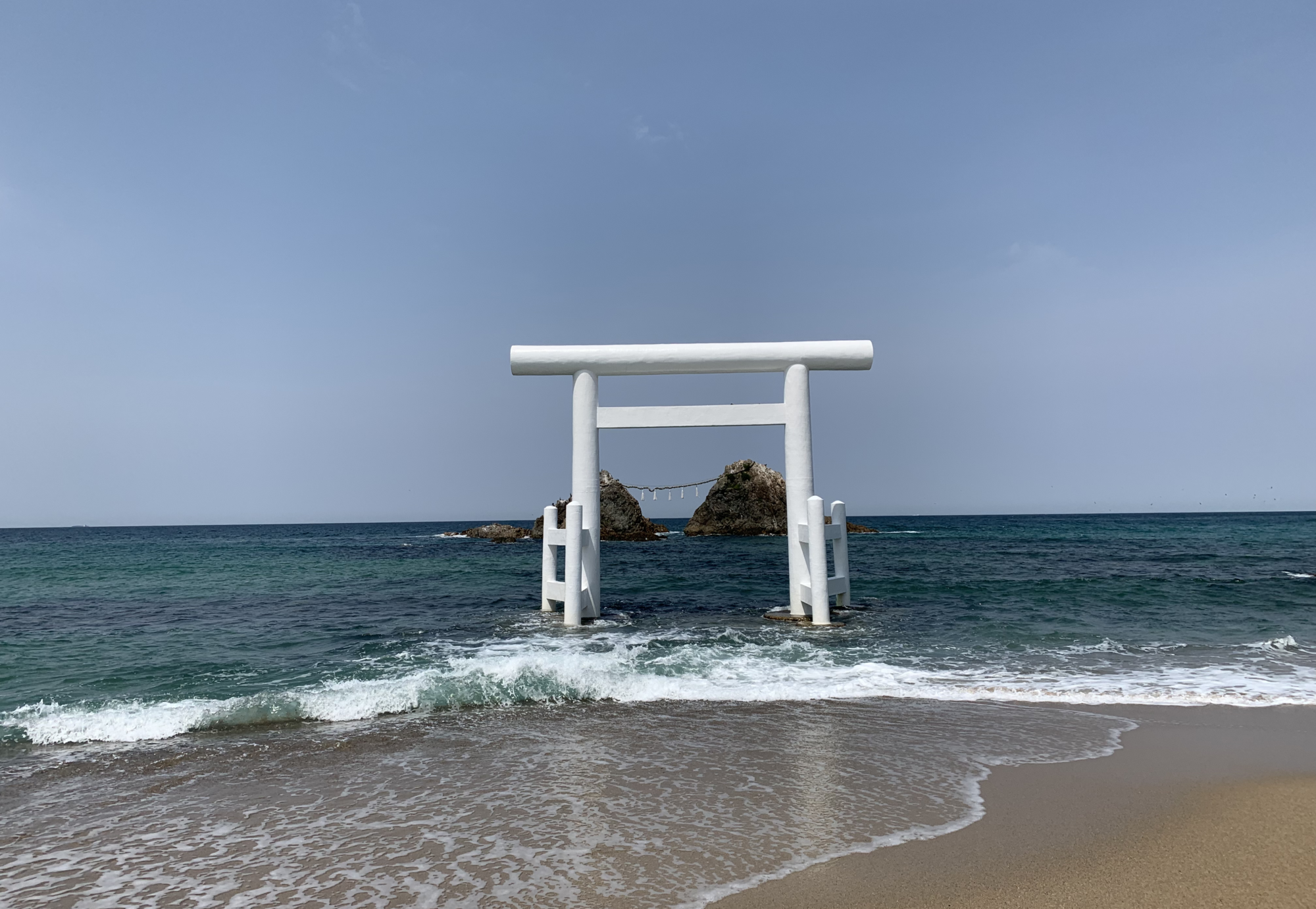Would you like to watch and experience Kabuki, a traditional Japanese performance art?
The program we have available at the Hakataza in June includes famous plays with eye-catching sets, performed by brilliant Kabuki actors.
The special offer we have available includes an admission for an A-class seat (usually costing 18,000 yen), an explanation of the history of Kabuki, highlights of the program in English as well as guidance inside the Hakataza theatre.
– Special Ticket –
1.English guided Kabuki in Hakataza!
■ Date: Sunday, June 9, 2019
Time: Daytime Performance: from 10:00 / Evening Performance: from 15:30
Meeting place: in front of the ticket booth in Hakataza theatre (Shimo-Kawabata 2-2, Hakata-ku, Fukuoka City)
■ Fee: 11,000 yen Includes: A-class ticket (usually costing 18,000 yen); Explanation of Kabuki in English; Highlights of the show; Guidance inside Hakataza Theatre before the performance.
Note : Explanation and guidance before the performance will be conducted in English.
(A) Daytime Performance
Please gather in front of the Hakataza ticket booth at 10:00.
10:00 – Explanation of the history of Kabuki and highlights of the program Guidance through the theatre and shops
11:00 to 15:30 – Kabuki play performance
(B) Evening Performance
Please gather in front of the Hakataza ticket booth at 15:30.
15:30 – Explanation of the history of Kabuki and highlights of the program Guidance through theatre and shops.
16:30 to 21:00 – Kabuki play performance
■Reservations/Applications
Please apply for this special offer through the website shown below by Saturday, June 8, 17:00.
Note: For G20-related participants, please contact the G20 tourist information center if you have any questions.
Program and Highlight
(A)Daytime performance (curtain time 11:00)
1. Kinkaku-ji 11:00 – 12:35 (95 minutes)
A play set in the famous Kinkaku-ji, Golden Pavilion, in Kyoto. The highlight is the outstanding stage set.
(30-minute break)
2. Yasuna 13:05 – 13:30 (25 minutes)
This dance performance expresses the pathos of Yasuna, who follows the phantom of his deceased girlfriend through a field of canola flowers.
(15-minute break)
3. Nozarashi Gosuke 13:45 – 15:30
(105 minutes)
The play expresses the coolness of an exceptionally handsome man which culminates in a spectacular fight scene.
(B) Evening performance (curtain time 16:30)
1. Yaegiri Kuruwa Banashi 16:30 – 17:40 (70 minutes)
This play demonstrates the sadness of a courtesan in a pleasure district in the Edo period, first through her own words and later through her fight after transforming into a demon.
(30-minute break)
2. Tsuchi Gumo 18:10 – 19:30 (80 minutes)
The fighting scene in this dance drama depicts a beautiful style of Kabuki with classic techniques such as the sprinkling spider silk.
(20-minute break)
3. Gonza-To-Sukeju 19:50 – 21:00 (70 minutes)
A comedy which vividly describes the lives of common people in the big city of Edo, present day Tokyo, one of the biggest cities in the world back in the 18th century.

博多座六⽉⼤歌舞伎 演⽬のご案内
【1】昼の部
— ⾦閣寺 11:00 ~ 12:35(95分)
京都の⾦閣寺が舞台。舞台に飾られた⾦閣寺を使ったスペクタクルな演出が⾒どころ。
(休憩 30分)
⼆ 保名 13:05 ~ 13:30(25分)
菜の花が⼀⾯に広がる中、亡き恋⼈の幻を追う保名の哀しさを舞踊で表現
(休憩 15分)
三 野晒悟助 13:45 ~ 15:30(105分)
稀代の⾊男のかっこよさが際⽴つ。最後の⽴ち回りがみどころ。
【2】夜の部
— ⼋ 重 桐 郭 噺 16:30 ~ 17:40(70 分 )
江⼾時代の遊郭の遊⼥の切なさをしゃべる前半、後半は⻤⼥になって⽴ち回る場⾯が⾒もの
(休憩 30分)
⼆ ⼟蜘 18:10 ~ 19:30(80分)
舞踊劇で⽴ち回りや、蜘蛛の⽷のふりかけなど歌舞伎美にあふれた演出が⾒どころ。
(休憩 20分)
三 権左と助⼗ 19:50 ~ 21:00(70分)
18世紀は世界有数の都市であった江⼾(現在の東京)の庶⺠の姿を活き活きと描く喜劇。









コメントを投稿するにはログインしてください。